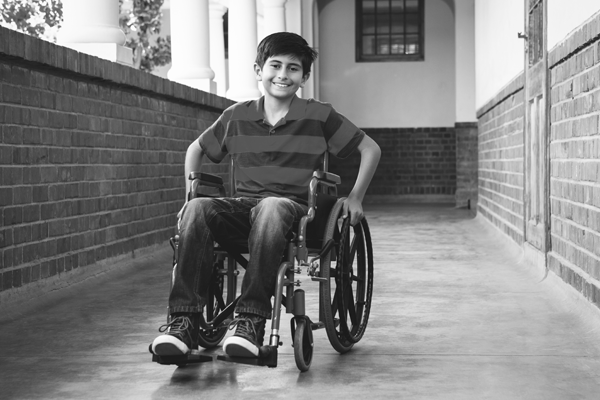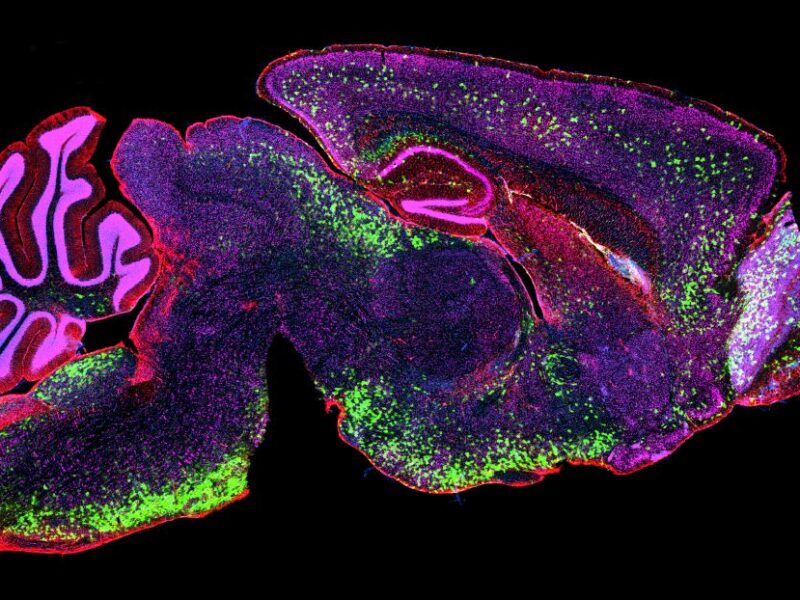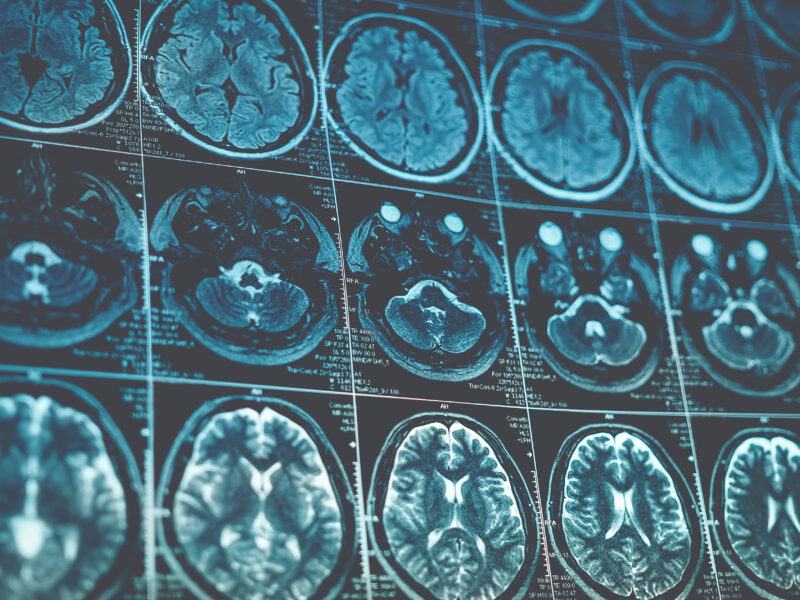What Pulmonologists Need to Know About Respiratory Insufficiency in Neuromuscular Disease
What Pulmonologists Need to Know About Respiratory Insufficiency in Neuromuscular Disease https://pediatricsnationwide.org/wp-content/uploads/2022/08/AdobeStock_79221054-Neuro-1.png 600 400 Katie Brind'Amour, PhD, MS, CHES Katie Brind'Amour, PhD, MS, CHES https://pediatricsnationwide.org/wp-content/uploads/2021/03/Katie-B-portrait.gif- March 20, 2024
- Katie Brind'Amour, PhD, MS, CHES

The RIND Study Group has released new consensus criteria to proactively identify hypoventilation in children with neuromuscular diseases.
Recently released consensus criteria from an expert panel of pediatric pulmonologists and sleep specialists define and provide diagnosis guidance surrounding respiratory insufficiency in neuromuscular disease (RIND). The results from the 15-member RIND Study Group’s Delphi study, published in the Journal of Neuromuscular Diseases, should help pediatric pulmonologists and other healthcare providers identify the warning signs of respiratory insufficiency in this special population.
“In the neuromuscular world, there are lots of clinical tests for functional outcomes, but no real scale for pulmonologists to be able to say a child needs more screening or intervention for their respiratory needs,” says Richard Shell, MD, section chief of the Department of Pulmonary Medicine at Nationwide Children’s Hospital and an author on the recent publication. “It was important to get these criteria out there, so people can start using them clinically when seeing a patient with a neuromuscular disease to pick up respiratory complications sooner rather than later.”
Dr. Shell is a recognized expert in the field of respiratory care for children with neuromuscular diseases and contributes to many of Nationwide Children’s gene therapy and neuromuscular disease trials. He routinely evaluates children with conditions such as spinal muscular atrophy, muscular dystrophy, and other conditions that can lead to respiratory insufficiency.
“Just seeing how mobile they are in the clinic tells us a lot, but we also ask about their ability to clear secretions when they cough, shallow breathing, the strength of their voice, sleep quality and overnight or morning pain,” says Dr. Shell, who believes the criteria can also facilitate appropriate referrals to pulmonologists. “Being alert to these indicators of hypoventilation helps us learn whether the muscles that surround the diaphragm and lungs are getting weaker.”
Responses to these more subjective patient measures help pulmonologists in the Neuromuscular Disorders Clinic Nationwide Children’s determine whether more advanced lung function tests are merited, and whether prescription of a cough assist machine or ventilator may be required.
The RIND Study Group members refined the items they consider in the clinical examination of such patients to develop their consensus recommendations for identifying RIND. Key elements of consensus from the article include:
- Morning headaches, poor sleep quality, daytime sleepiness, and increased fatigue should prompt suspicion for RIND.
- Objective test results that may indicate RIND include FVC <50% predicted, TcCO2 >45 mmHg during the day, or awake SpO2 <95%.
NOTE: Morning headaches and abnormal pulmonary function test results carry particular weight in the concern for RIND and merit capnography or polysomnography.
- Capnography/polysomnography test results considered particularly representative of hypercarbia include TcCO2 >45 mmHg for 25% of sleep, TcCO2 >50 mmHg for >2% of sleep or 5 minutes continuously, or TcCO2 increase of 10 mmHg above baseline for 2% of sleep.
- Clinically significant hypoxemia results on polysomnography include a mean SpO2 <94%, an SpO2 of <90% for >2% of sleep, or an SpO2 of <90% for >5 minutes continuously.
In addition, the group defined RIND in terms of non-gas exchange parameters on polysomnography, as well as how to identify pre-respiratory failure.
“These criteria are our first step toward having a validated process in this field,” says Dr. Shell. “Healthcare providers and insurance can look at the criteria specific to this group of patients and make more appropriate decisions. And moving forward, we can improve the standard of pulmonary care and research for children with neuromuscular diseases.”
Reference:
Mayer OH, Amin R, Sawnani H, Shell R, Katz SL; RIND Study Group. Respiratory Insufficiency in Neuromuscular Disease (RIND): A Delphi Study to Establish Consensus Criteria to Define and Diagnose Hypoventilation in Pediatric Neuromuscular Disease. Journal of Neuromuscular Diseases. 2023;10(6):1075-1082.
About the author
Katherine (Katie) Brind’Amour is a freelance medical and health science writer based in Pennsylvania. She has written about nearly every therapeutic area for patients, doctors and the general public. Dr. Brind’Amour specializes in health literacy and patient education. She completed her BS and MS degrees in Biology at Arizona State University and her PhD in Health Services Management and Policy at The Ohio State University. She is a Certified Health Education Specialist and is interested in health promotion via health programs and the communication of medical information.
-
Katie Brind'Amour, PhD, MS, CHEShttps://pediatricsnationwide.org/author/katie-brindamour-phd-ms-ches/April 27, 2014
-
Katie Brind'Amour, PhD, MS, CHEShttps://pediatricsnationwide.org/author/katie-brindamour-phd-ms-ches/April 27, 2014
-
Katie Brind'Amour, PhD, MS, CHEShttps://pediatricsnationwide.org/author/katie-brindamour-phd-ms-ches/April 27, 2014
-
Katie Brind'Amour, PhD, MS, CHEShttps://pediatricsnationwide.org/author/katie-brindamour-phd-ms-ches/April 28, 2014
- Posted In:
- Clinical Updates
- In Brief
- Research







